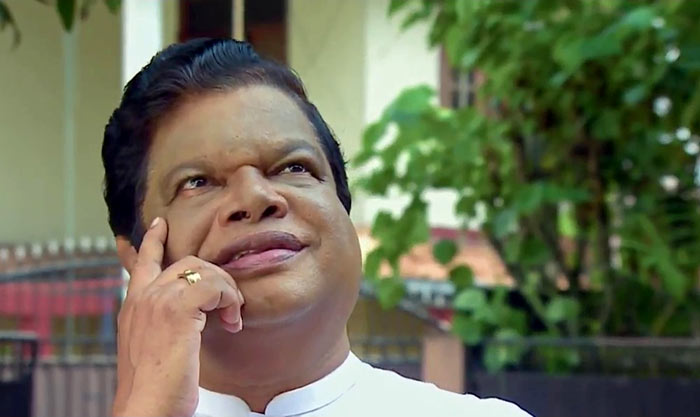Government plans to import sugar from India and dhal from Australia

The Government has decided to import sugar from India and dhal from Australia.
According to a cabinet paper submitted by Trade Minister Bandula Gunawardena, sugar will be imported from National Agricultural Cooperative Marketing Federation of India Ltd. (NAFED) and dhal from Australia’s JANTEC Group. The objective is to provide sugar and dhal at affordable prices to the people through state outlets such as co-operative stores and Lanka Sathosa.
The minister said once the imported stocks arrived, the retail price of a kilogram of dhal would be Rs. 175 and sugar Rs. 107.
Under the plan, some 2,500 Mt each of sugar and dhal will be imported and money for this will be obtained as a concessionary loan from the co-operative fund at two percent interest.
The move came after the government unsuccessfully tried to get private traders to reduce commodity prices.
(Source: The Sunday Times)
Latest Headlines in Sri Lanka
- Sri Lanka allows women to work at night as sanitary and food service workers February 1, 2026
- India pledges INR 4 Billion aid to Sri Lanka in 2026-2027 Budget February 1, 2026
- Shiranthi Rajapaksa summoned to FCID on February 3, 2026 February 1, 2026
- Sri Lanka PM calls for education reform to strengthen nation February 1, 2026
- Sri Lanka revises fuel prices from February 1, 2026 January 31, 2026



The Dhal in Australia is grown with the assistance of chemical based fertilizer.
This completely contradicts Govt policy.
The sugar in India, who knows what they use to promote growth?
Most likely they are using the corpses of dead muslims.
If Sri Lanka’s Government and Central Bank continue to hold onto the current short-term policy measures, without immediately addressing the worsening crisis in the country’s external account, the Sri Lankan rupee is likely to plummet even beyond the current exchange rates prevailing in the black market.
There is an urgent need for the country to seek the support of the International Monetary Fund (IMF) to resolve the current crisis in the country’s external account, which has led to shortages in US dollars in the country’s banking sector,